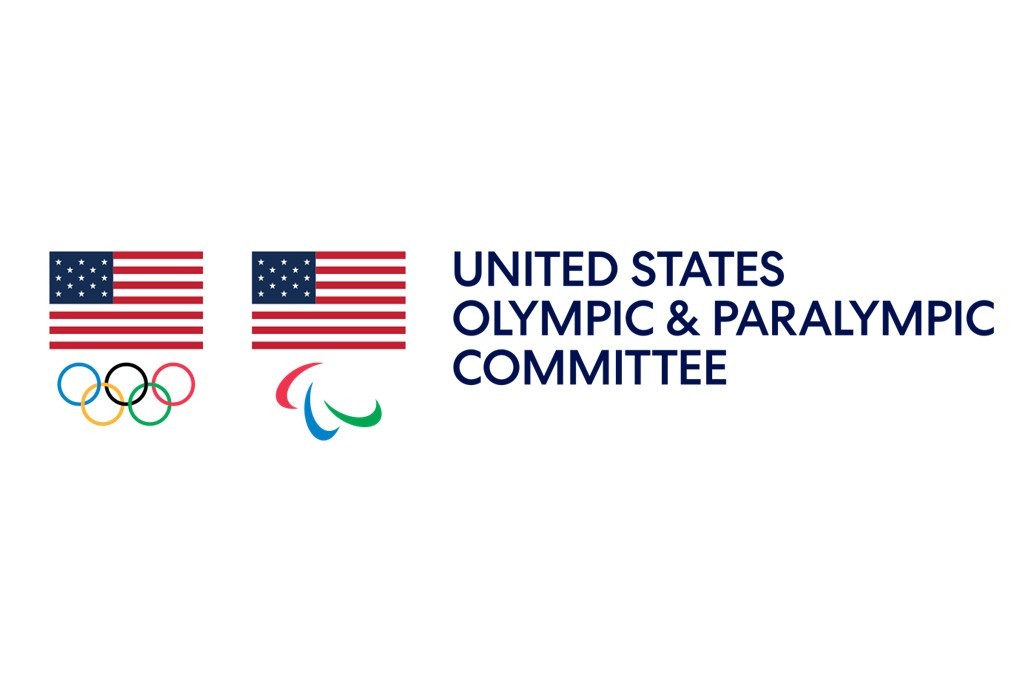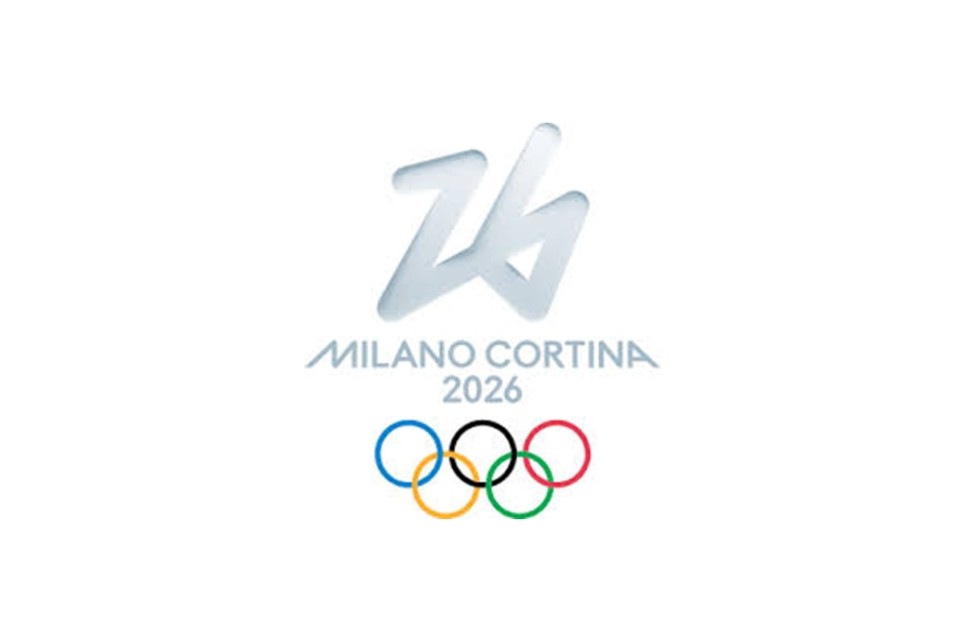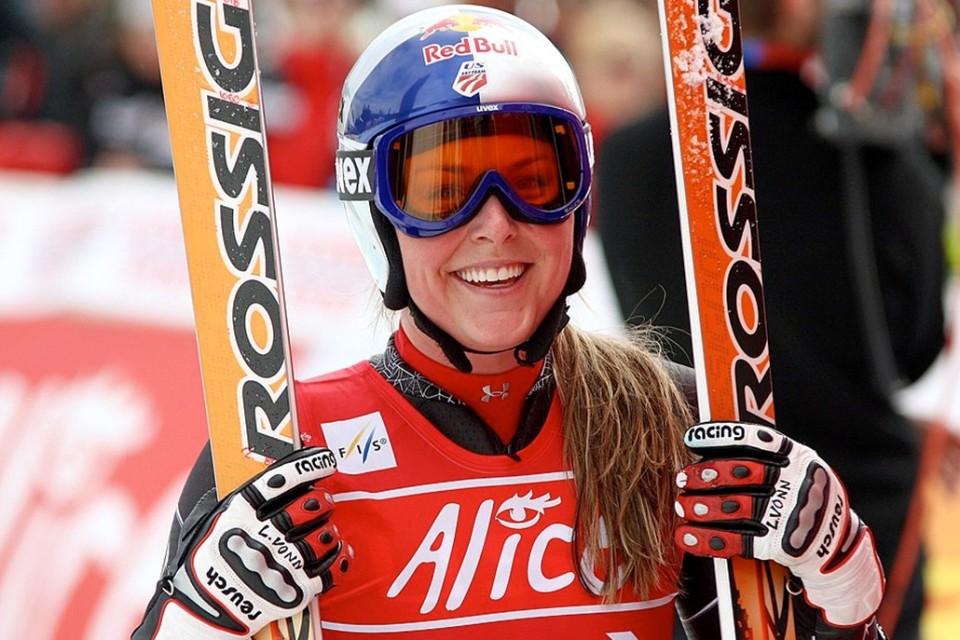Wed, July 23, 2025
U.S. Olympic and Paralympic Committee bans transgender women from female category

The U.S. Olympic and Paralympic Committee (USOPC) has banned transgender women from women’s sport, stating that it has an “obligation to comply” with Donald Trump’s executive order, “Keeping Men Out of Women’s Sports,” signed in February.
This update was discreetly placed on the USOPC website underneath the title “USOPC Athlete Safety Policy,” and a letter was sent to national sport governing bodies (NGBs). The National Collegiate Athletic Association (NCAA) also changed its transgender participation policy earlier this year to align with Trump’s executive order, which restricts participation in women’s sport to athletes assigned female at birth. The order threatens to “rescind all funds” from organisations that allow transgender women to compete in the female category.
USOPC CEO, Sarah Hirshland, voiced: “As a federally chartered organisation, we have an obligation to comply with federal expectations. Our revised policy emphasises the importance of ensuring fair and safe competition environments for women. All National Governing Bodies are required to update their applicable policies in alignment.” The USOPC administers around 50 NGBs. Grassroots clubs may now also have to update their policies to remain part of the NGBs.
In the wake of Trump’s executive order, more than two dozen states have implemented laws banning transgender athletes from competing in certain sports competitions. Recently, the University of Pennsylvania (UPenn) announced that it will prohibit transgender women from the women’s sport category after reaching a settlement with the Trump administration. However, Democratic state lawmakers in California, for example, previously blocked bills that would have prohibited transgender girls from competing in girls’ sport.
One reason why anti-trans rhetoric is criticised is because the NCAA reported fewer than ten trans athletes across the U.S., and anti-trans advocates conceded themselves that they could identify even fewer transgender people at the K-12 level (kindergarten to 12th grade).
The National Women’s Law Center criticised the USOPC’s actions: “By giving into the political demands, the USOPC is sacrificing the needs and safety of its own athletes.”
This announcement comes shortly after the new leader of the International Olympic Committee (IOC), Kirsty Coventry, declared that the committee will take over responsibility of gender eligibility criteria, acknowledging concerns about leaving the issue solely to International Federations (IFs).
Kirsty voiced: “It was agreed by the members that the IOC should take a leading role in this and that we should be the ones to bring together the experts, bring together the International Federations and ensure that we find consensus…
We understand that there will be differences depending on the sports. We should make the effort to place emphasis on the protection of the female category and that we should ensure that this is done in consensus with all the stakeholders.”
Recently, World Boxing announced that compulsory sex testing would be introduced “to ensure the safety of all participants and deliver a competitive level playing field for men and women.” Additionally, World Athletics has approved swab testing to determine if an athlete is biologically female and therefore eligible for the women’s category. The NGB, Table Tennis England, for instance, also recently announced that it will “impose restrictions on the eligibility of transgender and non-binary players.”
It is expected that Coventry will ban transgender athletes and athletes with a Difference of Sex Development (DSD) from the female category.
The USOPC’s new policy can be found here.



